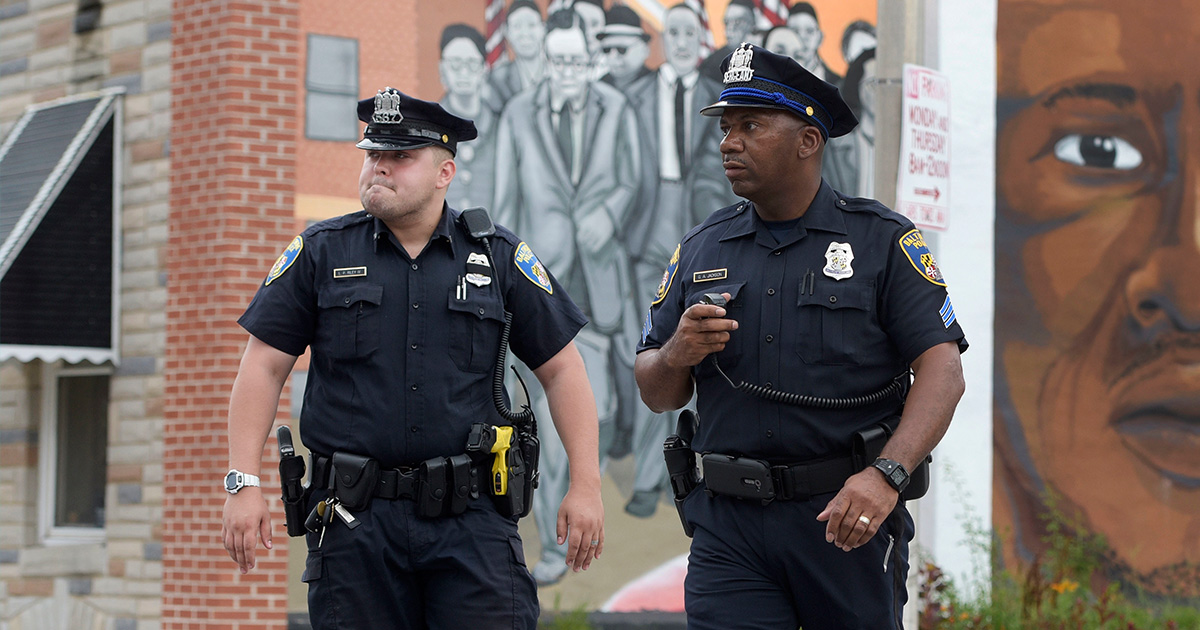Black Teens Arrested For Selling Water Bottles

By:
How did these three black teens end up in handcuffs? By selling water bottles without a permit.
The teens were arrested at the National Mall in Washington D.C. on June 22. Photos of the arrest have been retweeted about 16,000 times, with many criticizing the police for taking an aggressive approach to a minor offense.
Illegal vending at the National Mall in D.C. is a misdemeanor offense, punishable by a fine and up to 90 days in jail. The U.S. Park Police claimed its officers handcuffed the teens "for the safety of the officers and of the individuals", and brought them to the police station, where their parents were called to pick them up. The teenagers were issued verbal warnings.
 AP/Steve Ruark - apimages.com
AP/Steve Ruark - apimages.com
The arrests have raised questions about the racial undertones of the law enforcement action. In one tweet, a photo of the teens is contrasted with a photo of young white children selling lemonade to police—presumably without a valid permit.
"My kids sell water and everyone smiles at them," Tim Kepp, a tour guide who took the photos, wrote in a follow up tweet. "These kids do it and get arrested. It IS racist."
While fewer minors were sent to juvenile detention facilities from 2003 to 2013, racial disparities prevail in the youth criminal justice system. Black teens are about four times as likely to be arrested and sent to juvenile detention facilities compared to white teens, according to The Sentencing Project.
In 2015, the ACLU studied arrest rates for low-level crimes ("loitering, possession of small amounts of marijuana, trespassing, and disorderly conduct") in four cities and found similar racial disparities. Alexander Shalom, a senior staff attorney at the ACLU's New Jersey chapter, described the consequences and potential dangers of this trend:
"Even though these are low-level offenses, arrests and convictions can impose heavy burdens on the person involved, including payment of court costs and fines; criminal records that will follow them the rest of their lives; and loss of income, housing, child custody, or immigration status. In extreme cases, a confrontation with police over a low-level offense can escalate into an episode of deadly violence."
The teens in D.C. weren't fined or given criminal records in this case, but this kind of avoidable confrontation has led to deadly escalations in the past.
Councilman Charles Allen wrote a letter to the head of the Capitol Police Department regarding Thursday's incident.
"The actions and images speak beyond this one incident," Allen wrote. "They are a reflection of who we are and the values we share. And I don’t believe the image of young African-American men handcuffed on the ground for selling bottled water is a reflection of my city."
"We should be making every effort to divert young people from the juvenile justice system and improve their relationships with law enforcement," he said.
